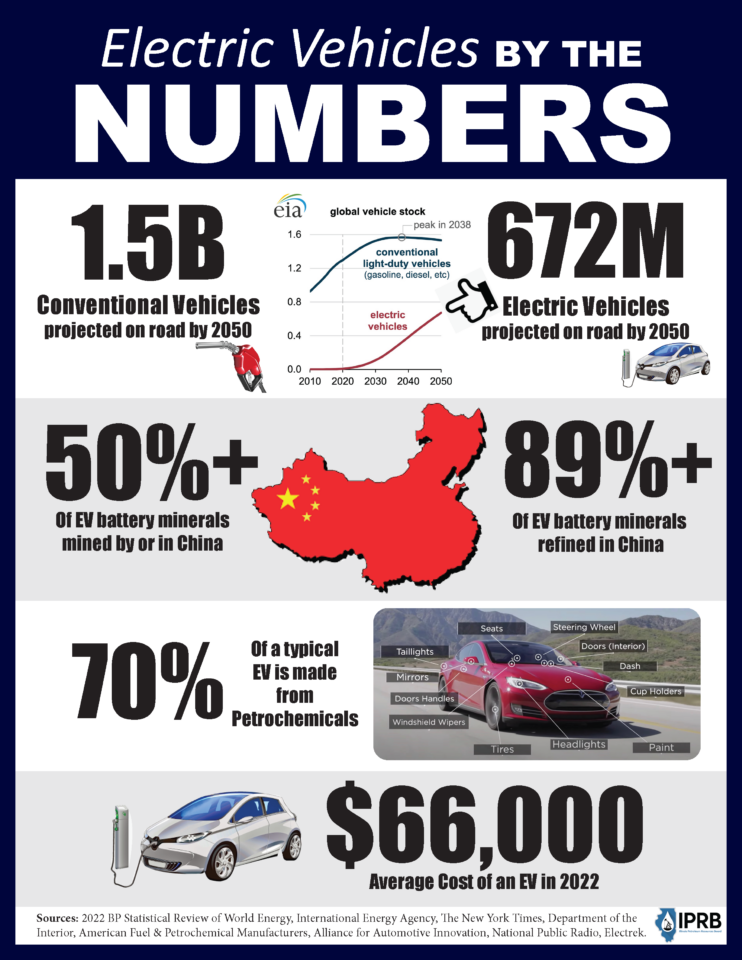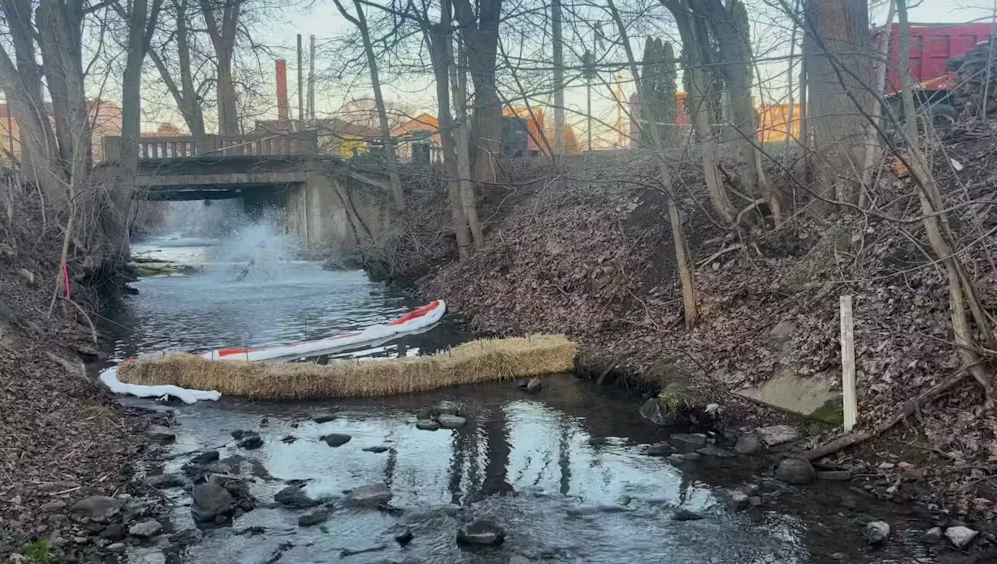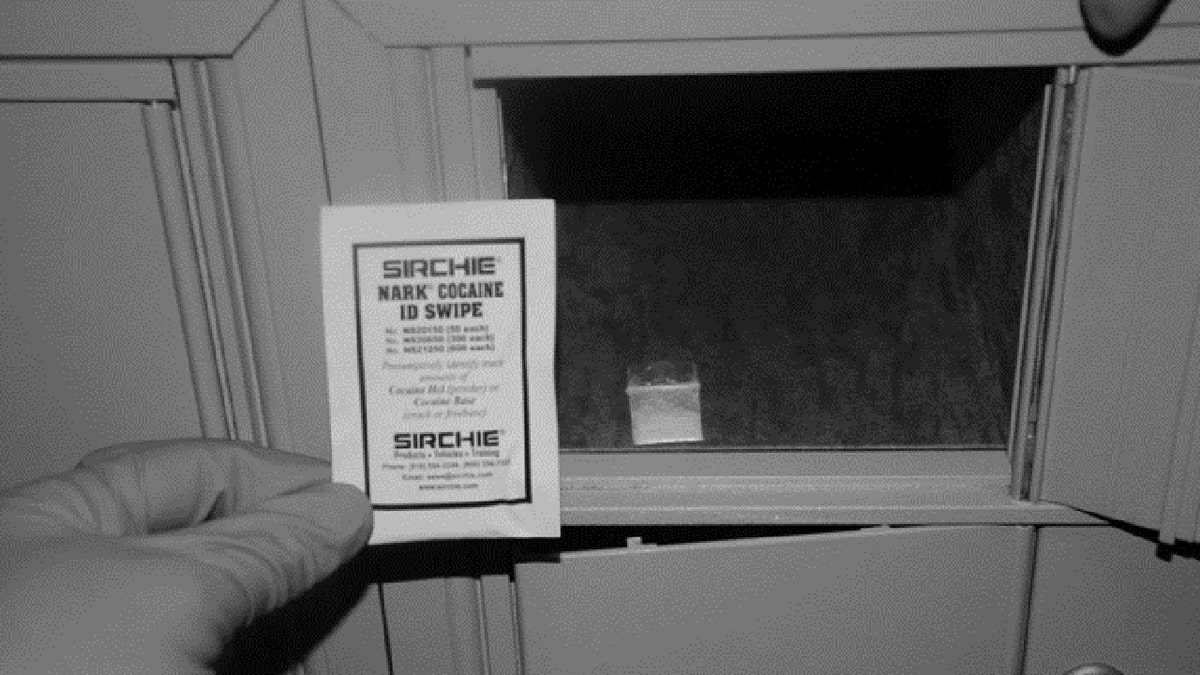Auto Dealers Double Down On Opposition To Electric Vehicle Regulations

Table of Contents
Financial Concerns and the Impact on Dealerships
The shift to EVs presents significant financial challenges for auto dealerships. Their established business models, heavily reliant on the Internal Combustion Engine (ICE) vehicle market, are facing considerable disruption. The impact of electric car regulations is multifaceted, impacting various aspects of their operations.
-
Reduced Service Revenue: EVs have significantly fewer moving parts than ICE vehicles, leading to a dramatic reduction in the need for frequent and complex repairs. This translates directly to lower service revenue for dealerships, a major source of their profits.
-
High Upfront Investment: Adapting to the EV market requires substantial investment. Dealerships need to upgrade their facilities with EV charging infrastructure, invest in specialized tools and equipment for EV maintenance, and train their technicians on the unique aspects of electric vehicle repair.
-
Uncertainty Regarding Future EV Sales Volume and Profitability: The long-term profitability of EV sales remains uncertain. While government incentives boost EV sales, profit margins on EVs are often perceived as lower than those on ICE vehicles, affecting the overall dealership profitability.
-
Inventory Management Challenges: Balancing inventory for both ICE and EV vehicles presents a logistical and financial challenge. Accurate sales forecasting in a rapidly evolving market is critical but incredibly difficult.
-
Impact of Government Incentives: While government incentives aimed at boosting EV adoption are well-intentioned, they can also create an uneven playing field, potentially squeezing dealership profits further.
The financial anxieties surrounding the transition are legitimate concerns that need to be addressed to ensure a smooth and equitable shift towards sustainable transportation. The transition costs and potential for reduced revenue are significant obstacles for many dealerships.
Resistance to Government Mandates and Regulations
Beyond financial concerns, auto dealers are actively resisting government mandates and regulations driving EV adoption. This resistance often manifests as robust lobbying efforts and vocal opposition to specific policy proposals.
-
Concerns Regarding Government Overreach: Dealers express anxieties about what they perceive as excessive government intervention in the market, arguing that the pace of mandated EV adoption is too rapid.
-
Opposition to Quotas and Deadlines: Many dealers oppose government-imposed quotas or deadlines for EV sales targets, preferring a more gradual and market-driven transition.
-
Arguments Against Hindering Consumer Choice: Dealers argue that overly stringent regulations could limit consumer choice and potentially stifle innovation in the automotive sector.
-
Lobbying Efforts: Powerful dealer associations are actively lobbying government bodies to influence EV regulations, aiming to shape policies that better align with their interests.
-
Preference for Industry Self-Regulation: Many dealers advocate for a more self-regulated approach to EV adoption, believing that market forces and consumer demand should be the primary drivers of change.
The political landscape surrounding EV regulations is complex, and the role of dealer lobbying in shaping these policies is undeniable. The arguments put forth by dealers regarding government overreach and the speed of change are significant aspects of this ongoing debate.
The Role of Consumer Demand and Market Readiness
A key argument used by dealers opposing stricter electric vehicle regulations centers around the perceived lack of consumer readiness for widespread EV adoption.
-
Lack of Widespread Consumer Acceptance: Dealers highlight that consumer acceptance of EVs is still evolving, with many consumers hesitant to transition away from familiar ICE vehicles.
-
Inadequate Charging Infrastructure: The insufficient availability of public charging stations, particularly in rural areas, remains a significant barrier to EV adoption. Range anxiety, the fear of running out of battery charge before reaching a charging station, continues to be a major concern for many potential EV buyers.
-
High Cost of EVs: The higher upfront cost of EVs compared to gasoline-powered vehicles is a significant deterrent for many consumers, especially those on tighter budgets.
-
Perceived Limitations of Current EV Technology: Some consumers perceive limitations in the current technology of EVs, such as range, charging times, and overall performance compared to ICE vehicles.
These concerns about consumer demand and market readiness are legitimate, underscoring the need for a holistic approach that addresses infrastructure limitations, consumer anxieties, and the affordability of EVs. Addressing these challenges is crucial for the successful and widespread adoption of electric vehicles.
Alternative Solutions and Potential Compromises
While the concerns of auto dealers are valid, a collaborative approach is needed to ensure a smooth and equitable transition to electric vehicles. Several alternative solutions and potential compromises could help bridge the gap between industry concerns and environmental goals.
-
Phased Implementation of EV Regulations: A gradual implementation of regulations, allowing dealerships sufficient time to adapt and adjust to the changing market, could alleviate some of their financial concerns.
-
Government Incentives Supporting Both Dealers and Consumers: Targeted government incentives that benefit both dealerships (through retraining programs, infrastructure grants, and financial assistance) and consumers (through tax credits and subsidies) could stimulate EV adoption while supporting the industry's transition.
-
Investment in Training Programs for EV Mechanics: Government-funded training programs can equip mechanics with the skills needed to service and repair EVs, addressing the potential for decreased service revenue.
-
Collaboration Between Dealerships, Manufacturers, and Government: Open communication and collaboration between all stakeholders are essential to develop effective policies that address everyone's needs.
-
Technological Advancements: Continued advancements in battery technology, charging infrastructure, and EV performance will help alleviate some consumer concerns and make EVs more attractive to a wider audience.
By fostering collaboration and exploring these alternative solutions, a more sustainable and equitable pathway towards widespread EV adoption can be achieved.
Conclusion
The opposition of auto dealers to electric vehicle regulations is a multifaceted issue driven by legitimate financial concerns, resistance to government mandates, and anxieties surrounding market readiness. While these concerns require careful consideration, ignoring them will hinder the transition to sustainable transportation. Finding a collaborative path that addresses these concerns is essential for a successful and equitable shift to a greener future. Understanding the nuances of this opposition is vital for creating impactful electric vehicle regulations that support both the automotive industry and the environmental goals of reducing carbon emissions. Further discussion and collaborative efforts are urgently needed to navigate this critical juncture and build a future where the auto industry and electric vehicle adoption thrive together.

Featured Posts
-
 Ohio Derailment Buildings Contaminated By Toxic Chemicals For Months
Apr 24, 2025
Ohio Derailment Buildings Contaminated By Toxic Chemicals For Months
Apr 24, 2025 -
 Mahmoud Khalil Columbia Student Denied Permission To Witness Sons Birth By Ice
Apr 24, 2025
Mahmoud Khalil Columbia Student Denied Permission To Witness Sons Birth By Ice
Apr 24, 2025 -
 Cocaine Found At White House Secret Service Announces End Of Investigation
Apr 24, 2025
Cocaine Found At White House Secret Service Announces End Of Investigation
Apr 24, 2025 -
 Cybercriminals Office365 Exploit Millions In Losses Reported
Apr 24, 2025
Cybercriminals Office365 Exploit Millions In Losses Reported
Apr 24, 2025 -
 Why This Startup Airline Uses Deportation Flights A Surprising Business Model
Apr 24, 2025
Why This Startup Airline Uses Deportation Flights A Surprising Business Model
Apr 24, 2025
